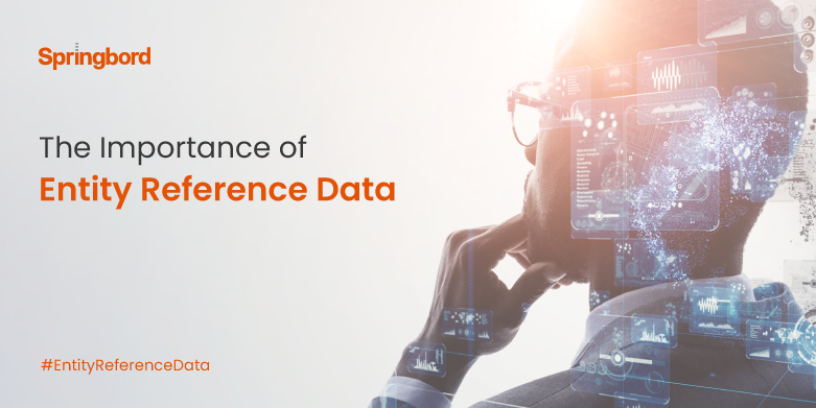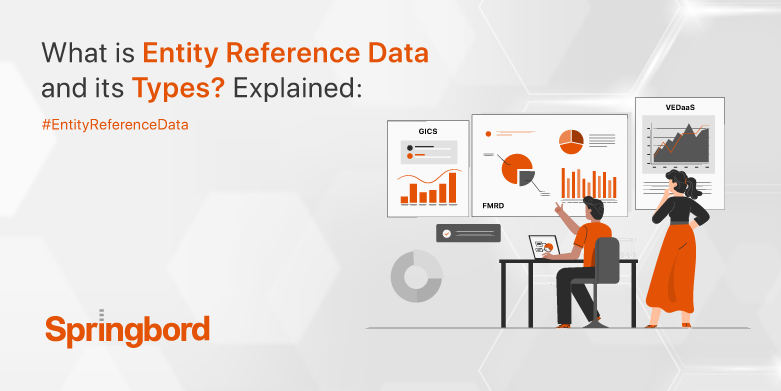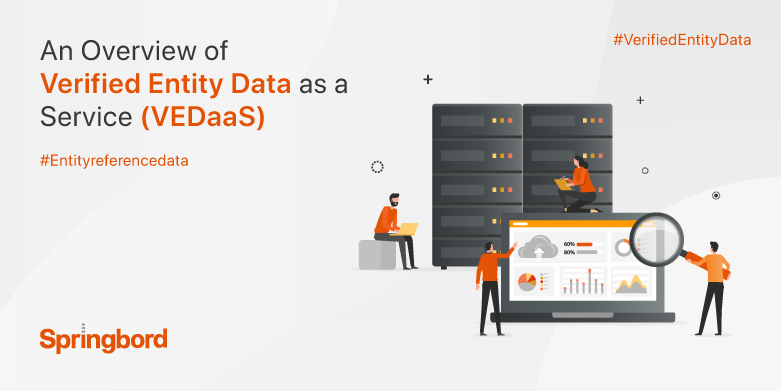 Read time 2 min
Read time 2 minBusinesses rely on diverse data sources for developing insight and building operational models. The data may relate to leadership, shareholders, financials, competition, industry, transactions, and a lot more. When a system connects such disparate data through a common reference notation, it becomes an information powerhouse that can drive business intelligence in real-time. This is where the entity reference data plays a major role in redefining the corporate sector in any industry.
The importance of entity-level data only rises in stature in an increasingly connected and transparent world of commerce. Today, financial services and consulting companies are competing with each other to enrich the attributes of their entity records and to classify them according to client requirements. Such data helps the clients in a number of ways:
- It can help companies calculate business risk over a specified time frame. For instance, clients can estimate the growth of a specific company that is very much tied to the state of the economy, seasonal demand, changing customer preferences, etc.
- Another important aspect of entity-level data lies in showing the relationship in the corporate hierarchy—right from its shareholding patterns, to its financial leverage. Such level of data granularity helps in understanding the optimal capital structure of a firm and the underlying factors that influence the capital composition.
- Corporate strategists and others use entity-level data to assess a business and the events affecting its activities. It helps them to identify the risk pattern and then formulate suitable steps to meet such an exigency. Risk identification is inherent in any business, but comprehensively managing all allied risks is critical to the business’s future. It is important to gauge a risk’s impact on other business functions, strategy, budget, and more. Entity reference data sheds light on the cross-functional impact of a risk and its scope. It then helps the teams to determine the right approach to take and the parameters to watch out for.
- Entity linkages help in determining a company’s adherence to the prevailing compliance and regulatory standards. Most analysts rely on this data for gauging the credit worthiness and measuring the financial impact of any decision by the board. More importantly, analysts and investors are increasingly sizing up a company’s worth based on its environmental, social and governance impact. Entity referenced data provides the perfect the stage to examine the impact of key issues on this front and uncover opportunities.
There are multiple risks that organisations face on any given day. Limiting the value of entity reference data can have a detrimental effect on the decision-making stages and can restrict an organisation’s future viability. Although there are some standards that define the relationship in an entity reference, but it may involve some level of trial and error to arrive at the correct dimension. Springbord continues to expand its reference data solutions to cover new areas of interest for corporates, analysts, and other stakeholders to gather insight and determine the perfect course of action. We have customized solutions that come packaged with tools and automated systems, which collect, manage, and maintain entity reference datasets from diverse sources that are both publicly available and licensed. To know more, click here.







